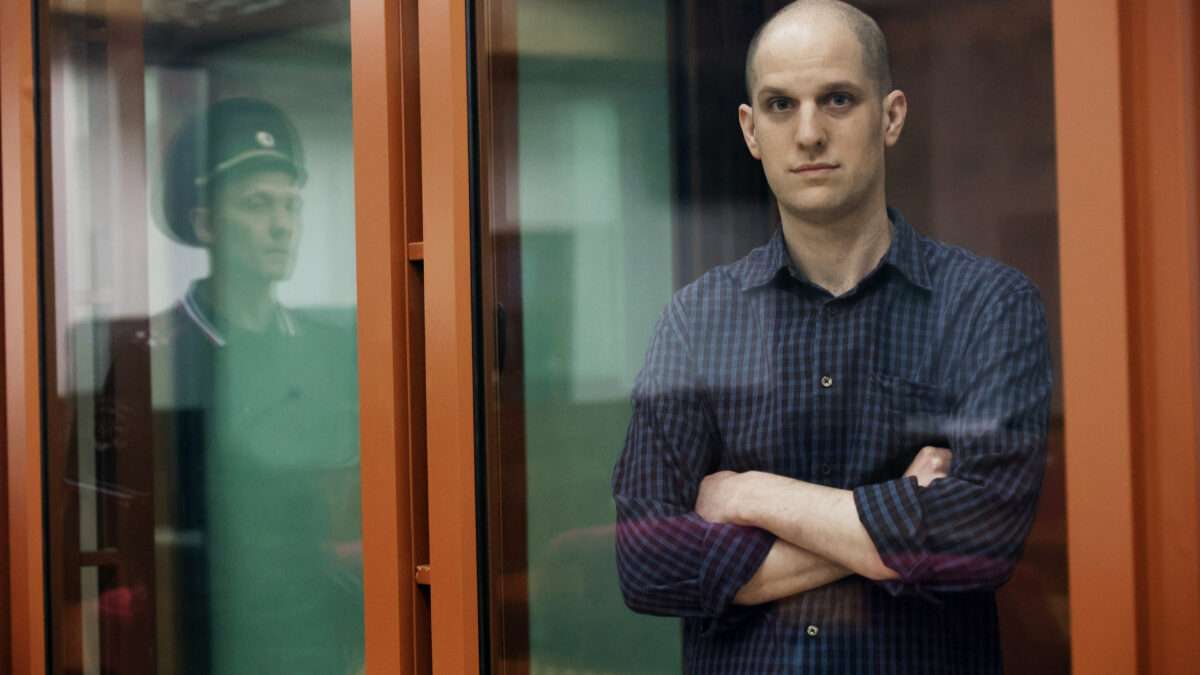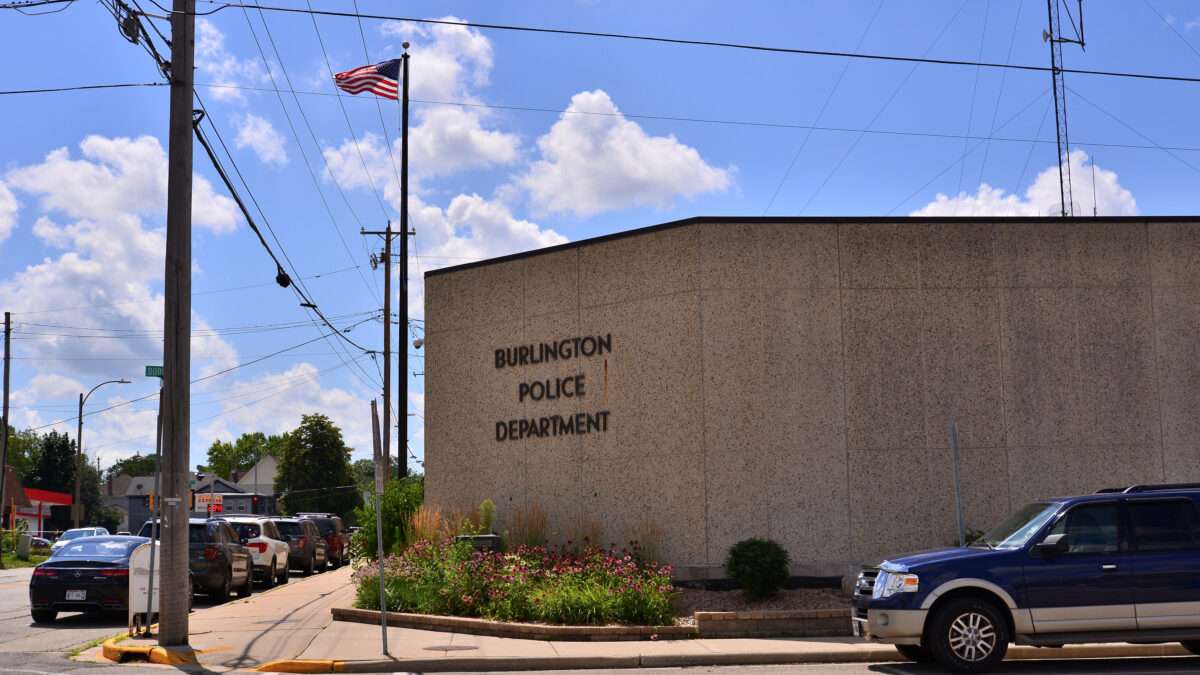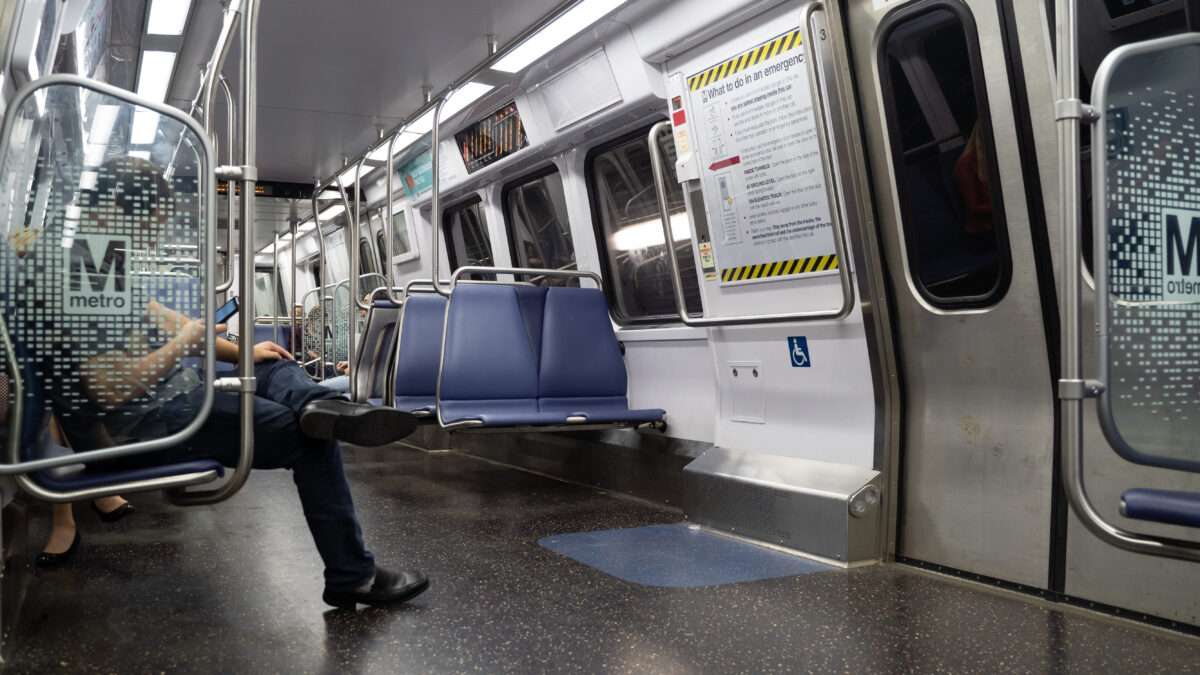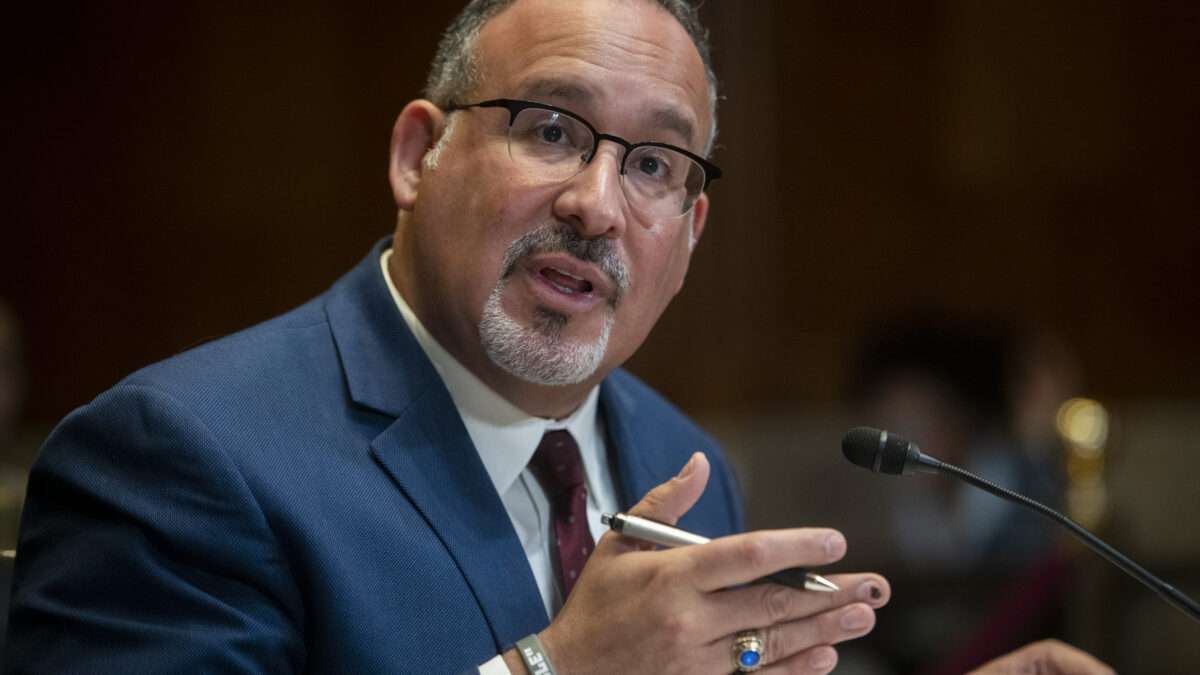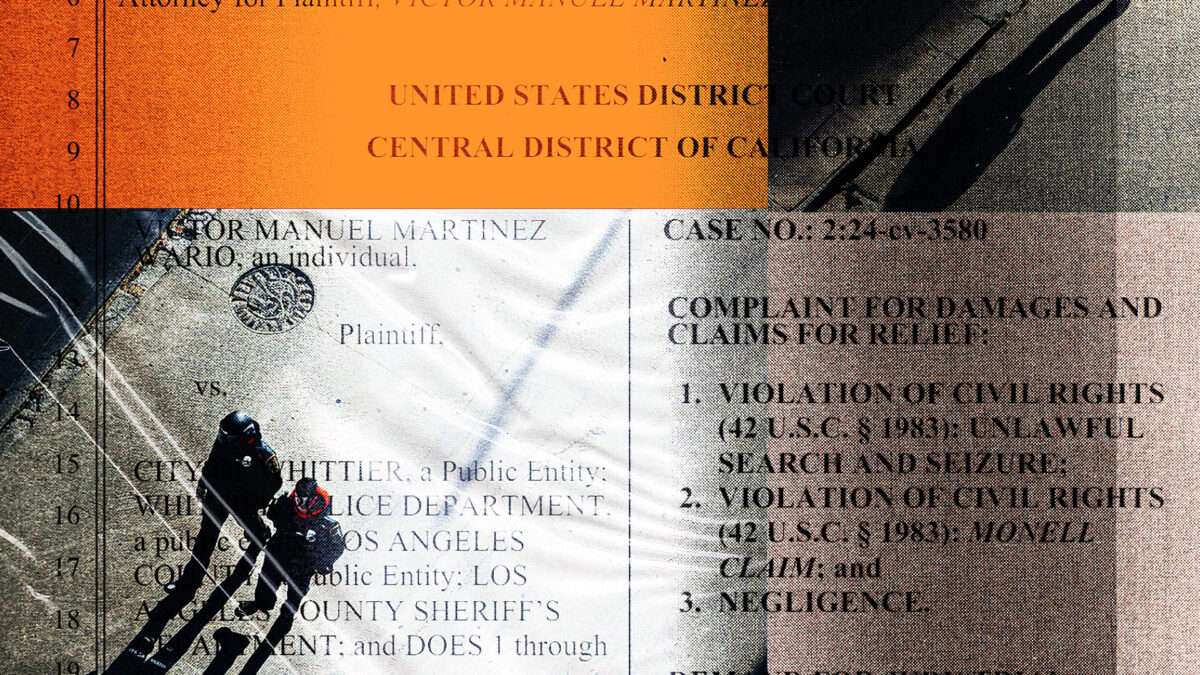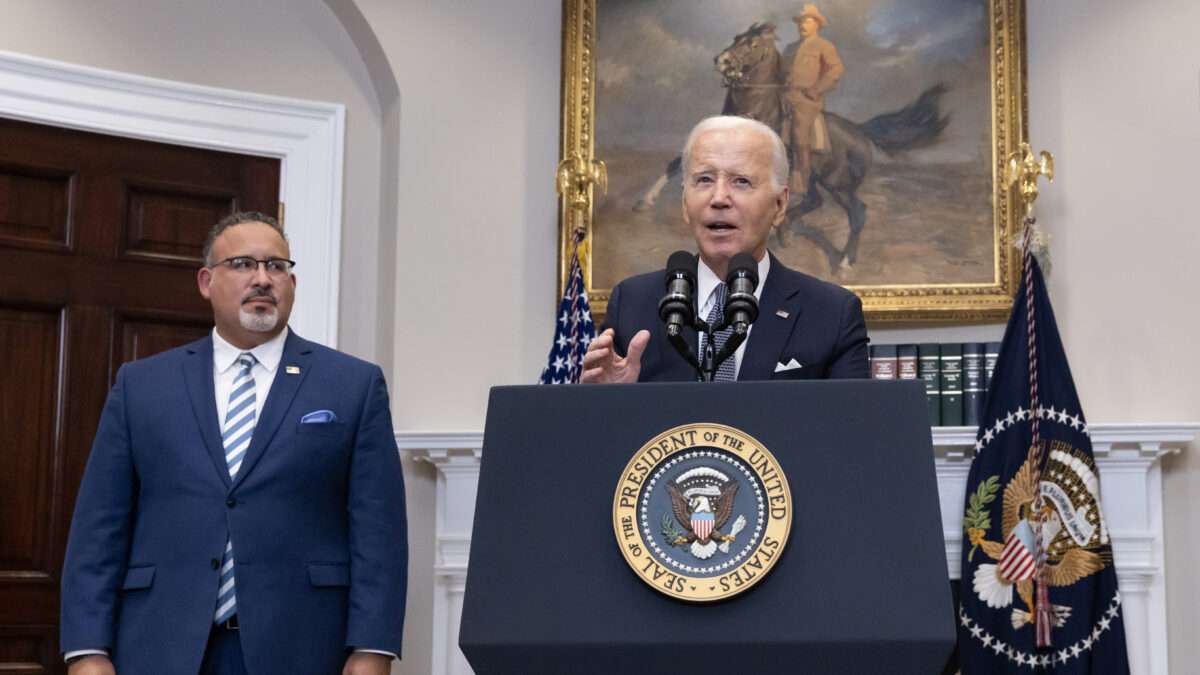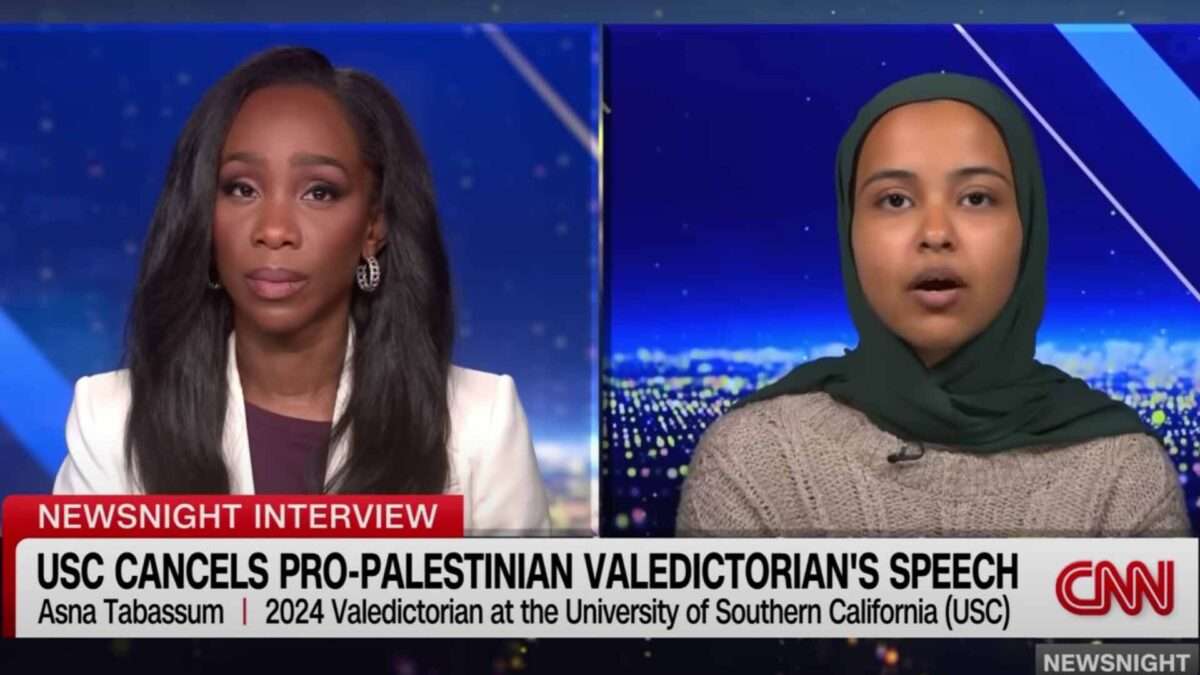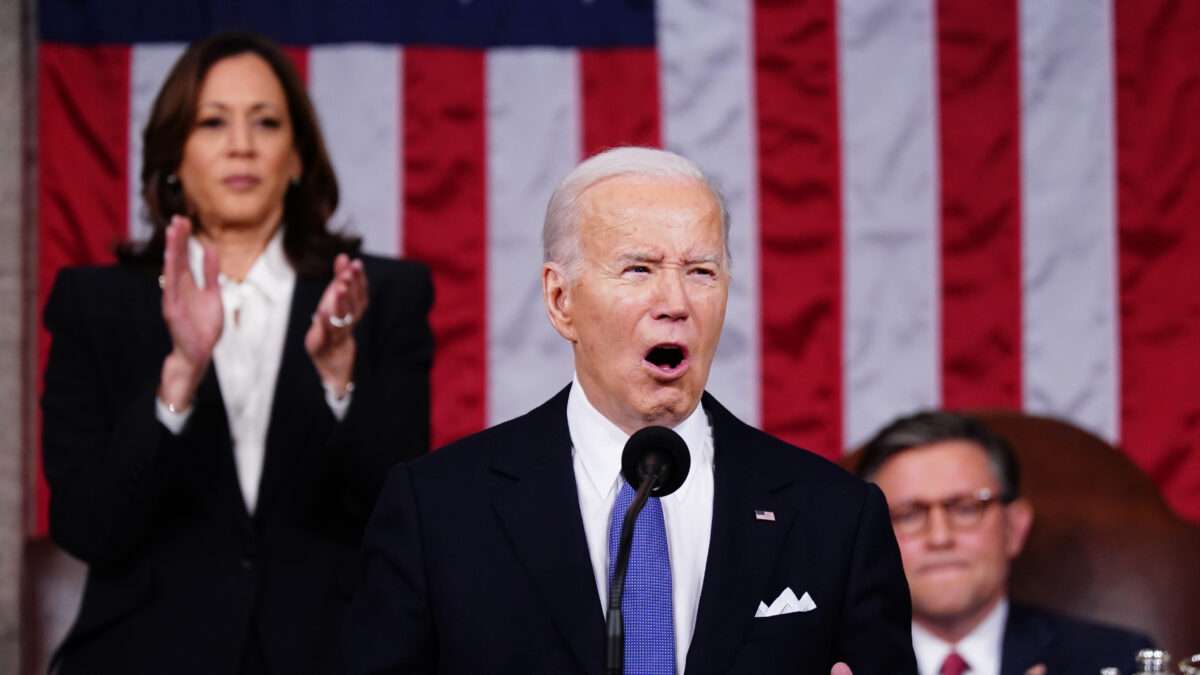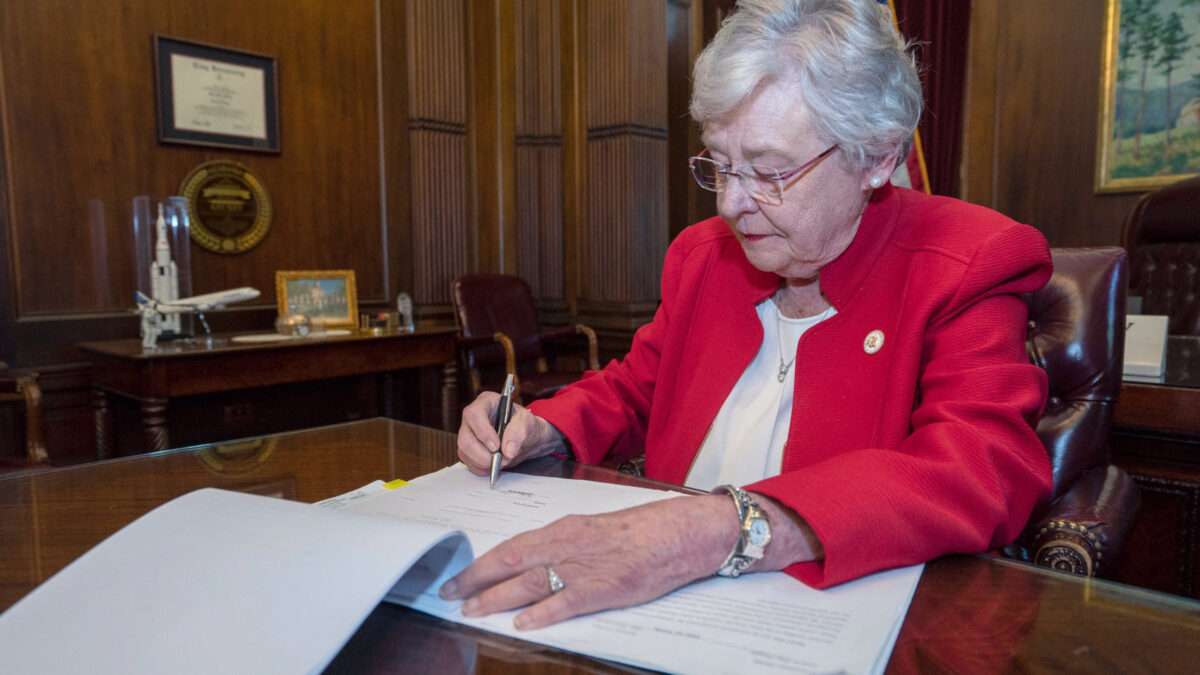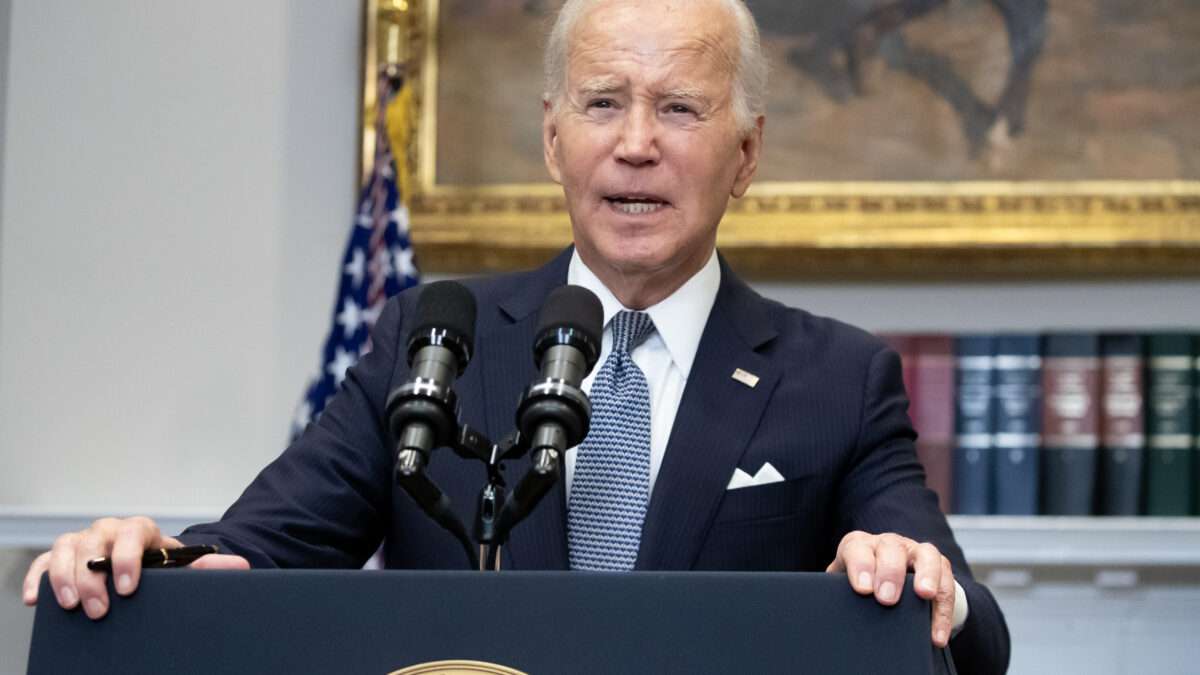Biden Administration Says It Will Finalize Second Attempt at Blanket Student Loan Forgiveness This Fall

Last week, the Biden administration announced that it would unveil a second attempt at issuing blanket student loan forgiveness within the next few months. The announcement comes more than a year after its first attempt was blocked by the Supreme Court.
"The Biden-Harris Administration made a commitment to deliver student debt relief to as many borrowers as possible as quickly as possible," said Education Secretary Miguel Cardona in a statement last Wednesday. "And today, as we near the end of a lengthy rulemaking process, we're one step closer to keeping that promise."
The announcement builds on a release in April of draft rules that aim to enact student loan forgiveness primarily by expanding existing loan forgiveness programs. The Education Department says it has begun notifying borrowers about the coming rules and informing them about a deadline to opt out of forgiveness.
The proposed rules target specific groups of borrowers, including borrowers who now owe more than they originally took out in loans due to accumulating interest, borrowers who have been in repayment for decades, and those who are eligible but not enrolled in existing forgiveness programs. Borrowers who enrolled in low-value degree programs, such as those that "failed to provide sufficient financial value, or that failed one of the Department's accountability standards for institutions" are also eligible for new forgiveness efforts.
Last week's announcement also stated that those eligible would most likely receive forgiveness automatically, with no application or additional steps required.
If enacted, the rules could end up affecting even more borrowers than would have been affected by the Biden administration's first forgiveness plan. The Education Department predicts that if the proposed rules go into effect, the Biden administration would have made over 30 million borrowers eligible for forgiveness through its efforts over the last three years. In contrast, Biden's first attempt at blanket student loan forgiveness was predicted to impact just 27 million eligible borrowers.
"If finalized as proposed, these new rules would authorize relief for borrowers across the country who have struggled with the burden of student loan debt," reads last week's statement. "The Biden-Harris Administration has taken historic steps to reduce the burden of student debt and ensure that student loans are not a barrier to educational and economic opportunity for students and families."
The Education Department predicts that the finalized rules will be released sometime in the fall. However, with the election in November looming, it's doubtful whether the department can actually provide forgiveness before the end of Biden's term. And considering that legal challenges are almost certain to follow any attempt to enact large-scale loan forgiveness, it's unclear if there is any realistic chance that the Biden administration can enact this plan. At the moment, these latest efforts might be best thought of as a last-minute political stunt designed to energize young, college-educated voters rather than an earnest policy effort.
The post Biden Administration Says It Will Finalize Second Attempt at Blanket Student Loan Forgiveness This Fall appeared first on Reason.com.




